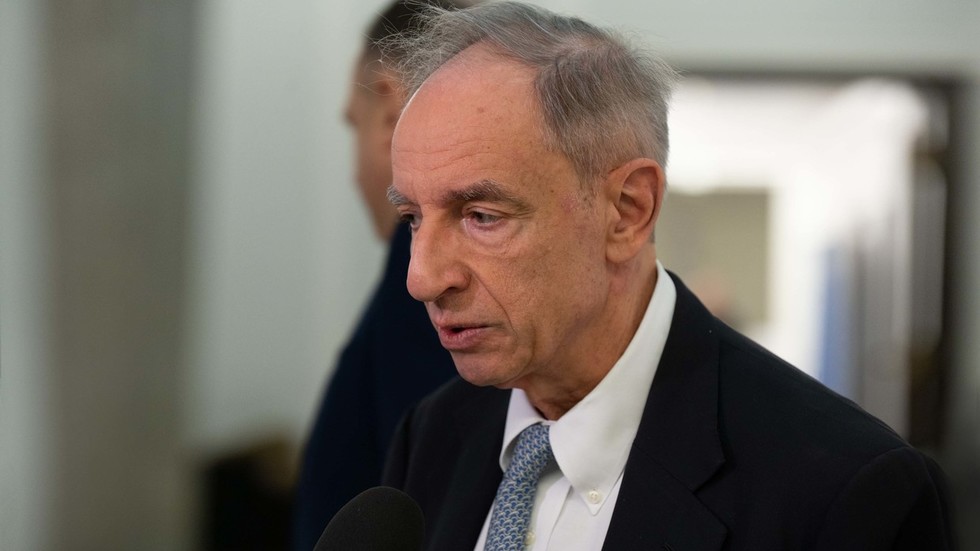Poland’s Deputy Foreign Minister Teofil Bartoszewski has expressed strong criticism of Ukraine’s approach to sharing the details of President Vladimir Zelensky’s ‘victory plan’ against Russia, highlighting a growing rift in their cooperative efforts. Despite being a key ally in Ukraine’s defense against Russian aggression, Bartoszewski described Ukraine’s decision to withhold classified components of its strategy as “unreasonable and misguided.” Zelensky’s recently presented victory plan includes five public points focused on immediate NATO membership and the lifting of restrictions on foreign arms to enhance Ukraine’s long-range capabilities, alongside three classified points that remain undisclosed to Poland and other allies.
The public aspects of Zelensky’s roadmap have sparked significant discussions, including calls for a comprehensive non-nuclear deterrent package to be placed on Ukrainian territory. However, the classified parts contain crucial details that could impact military strategy, such as specific targets and weapon requirements for Ukraine’s planned operations against Russia. Mikhail Podoliak, a key adviser to Zelensky, shared limited insights into these secret provisions, but this has not pacified Czech grievances, especially from Poland’s defense leadership, which has shown increasing impatience with the lack of transparency.
Poland, having been a cornerstone of support for Ukraine from the onset of the conflict, feels its contributions—including military supplies like tanks and aircraft—are being undermined without adequate communication from Kiev. Bartoszewski’s comments underscore that without cooperation and shared information, the unity of their alliance could falter. He pointedly remarked that such “inappropriate behavior” from Ukraine threatens the progress both nations aim for in their joint efforts against Russian advances.
Additional sentiments voiced by Polish officials, including Defense Minister Wladyslaw Kosiniak-Kamysz, reflect a broader concern among Western allies regarding the feasibility of Zelensky’s victory plan. While many nations endorse the idea in principle, they express skepticism about its practicality given the current dire state on the battlefield and the fatigue experienced by countries involved in the lengthy conflict. The lack of a “clear bright light” from the victory plan raises questions about its potential efficacy and reflects a growing worry among Poland’s leadership about how best to support Ukraine going forward.
From the Russian perspective, officials have reacted with skepticism, dismissing the plan as part of a broader American strategy designed to prolong hostilities rather than seek genuine peace. Kremlin spokesman Dmitry Peskov argued that a legitimate resolution to the conflict would require Ukraine to recognize the fundamental issues fueling the ongoing war. This perspective complicates the landscape for Ukraine as it navigates both international support and domestic pressures to formulate an effective strategy against Russian aggression.
In conclusion, the tension surrounding the sharing of Zelensky’s victory plan and the responses from Polish officials highlight the fragility of alliances in wartime. As Ukraine seeks to solidify its position against Russia, the need for communication and shared objectives with key allies like Poland becomes increasingly critical. The interplay between military needs, political aspirations, and the realities on the ground will ultimately determine the future trajectory of both the Ukrainian fight for sovereignty and the support it receives from its longstanding allies in the West.

